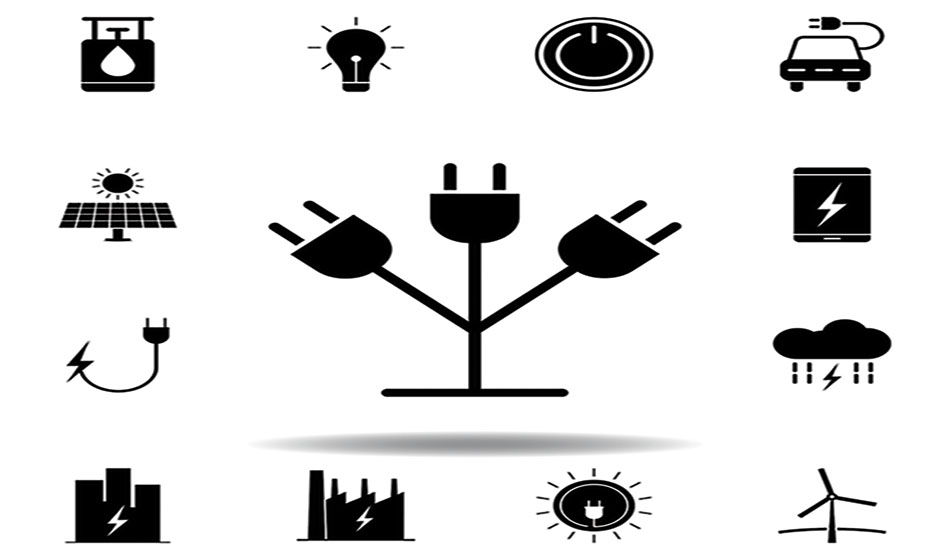Nov 7 2009

Fidart / Shutterstock
Gold Shunt Layers on Superconducting Tapes
Superconductivity is a phenomenon in which certain materials show zero resistance to the passage of an electric current when cooled to low temperatures. Many superconducting materials are utilized in a wide range of applications, such as catheter steering, fault current limiters, transport (magnetic levitation trains), and MRI imaging.
The new range of materials necessitates the use of a metallic shunt top layer to provide a degree of electrical and thermal protection, in case a fault develops in the superconducting tape. So far, sputtered gold and silver-gold alloy layers have exhibited the best combination of properties for this application. These properties include contact resistance, oxidation potential, coefficient of linear expansion, specific heat capacities, the lattice constant, and electrical and thermal conductivities.
Gold in Measurement Devices
Although thermocouples do not provide the most accurate way to measure temperatures, they have enough accuracy for most applications and are used extensively. Gold is used in thermocouples both for high- and low-temperature measurements. Gold-alloy wires have also been utilized for potentiometers.
Gold-Palladium Alloys in Spark Plug Electrodes
The first generation of long-life spark plugs with corrosion-resistant gold-palladium (usually 60 Au-40 Pd) or platinum electrodes was marketed in the middle of the 1980s. Platinum electrodes also appeared in recent years. Of late, iridium electrodes have become more popular with consumers and manufacturers, although plugs comprising gold-palladium electrodes can still be sourced from certain outlets.